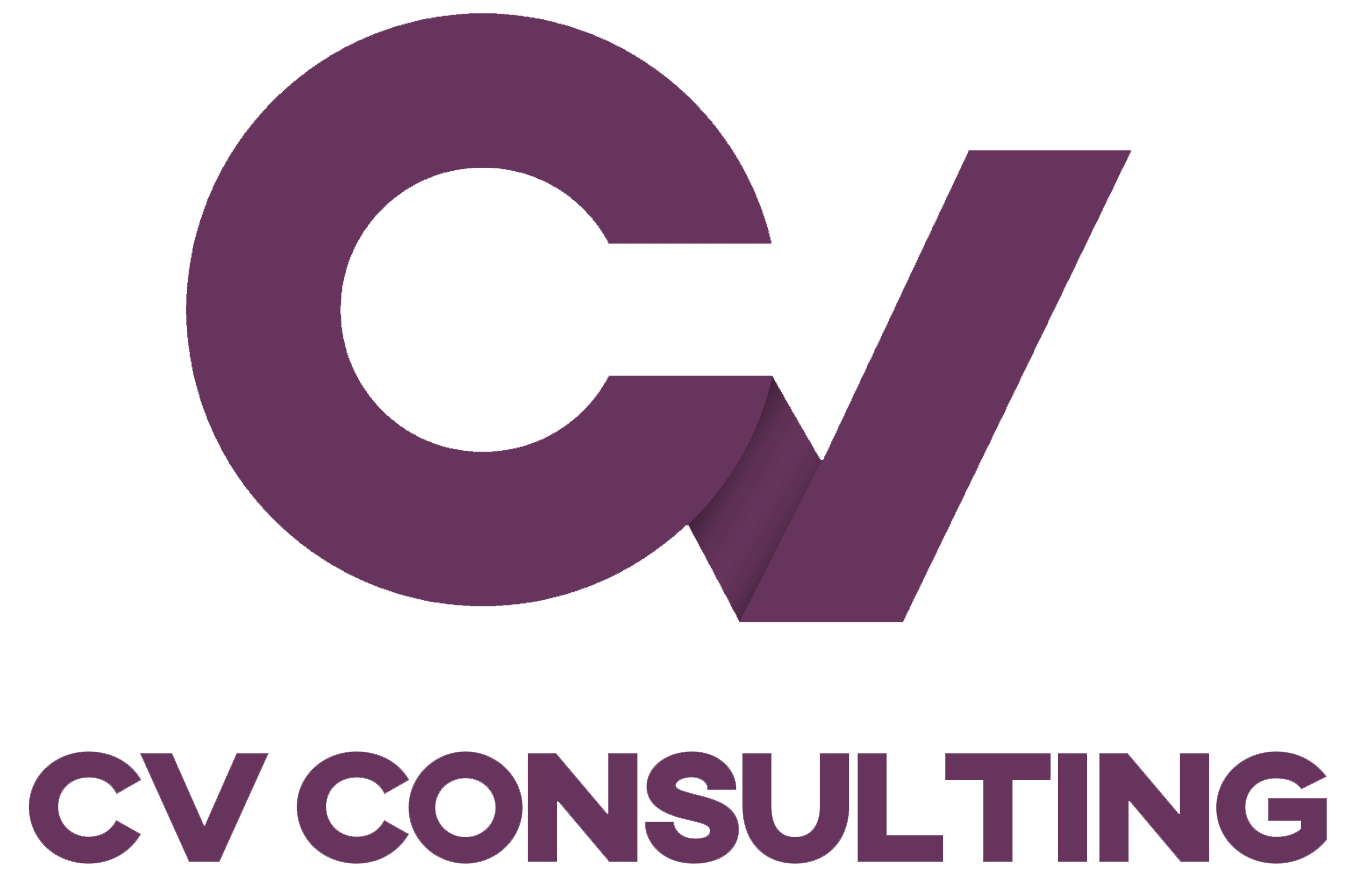Benefits of Working on a Retained or Exclusive Basis with a Recruitment Agency
Award-winning Consultant for manufacturing and engineering recruitment in the UK, Pam Jennings, came to CV Consulting two years ago with a diversified work background and myriad expertise. She’s an experienced Engineer and Production Manager, Financial Advisor and has been headhunted by companies to manage projects, consult, coach and train staff. She knows her stuff in business, having successfully run her own enterprise, and has worked with top, influential business leaders across multiple business sectors.
Although it might sound clichéd to say that Pam is passionate about helping people, it is true, nonetheless, and she has demonstrated this through her work ethic and varied experiences. As an accomplished recruiter, she’s seen the way recruitment should be done, and she shares her insights on how you could benefit from her approach.
Retained versus contingency recruitment
Contingency recruitment is where an agency works on behalf of the client to fill a job and only takes a fee if they place a candidate into the role. Considerations to take into account are, although you will have control of the process and recruiting new employees, you will also have all of the responsibility.
Retained recruitment is where an agency works exclusively for a business and takes a fee to begin working on a role. The agency normally dedicates a recruitment team to work exclusively on a project until the role is filled. A fee may be taken again after the first set of CVs go out to the client, and at the end of the project when a successful candidate has been placed into the role. Retained recruitment is a strategic choice, most often for project-based work, that has more benefits for the client to draw on than contingent recruitment has.
Deciding between retained and contingency recruitment
When deciding between retained versus contingency recruitment and which option you should choose, it is important to think about how much control you want to have over the recruitment process. You will need to assess how much time you have to spend on tasks, such as creating a job specification, advertising, screening, interviewing and on-boarding your new recruit. There are benefits and challenges to both, so you will have to determine which is right for you.
Retained Recruitment Benefits
The main client benefits for retained jobs are:
- Dedicated team or recruitment consultant – Once retained, you have exclusive resources devoted to you
- Time-saving – We’ll complete all recruitment tasks for you, releasing you to do your day job, whether that’s running the business, or leading a busy manufacturing or engineering team
- Manage cashflow – you can spread the recruitment cost over time
- High priority for placement and completion – working in this way guarantees total commitment by the agency to fill the position(s)
- Premium candidate search, through identifying and screening only the best talent in the market, and providing valuable market insight and visibility
- Agency networks for top candidate search and expertise – You can draw from the networks of candidates who are actively and passively looking for work
- Reduced risk – all candidates are vetted thoroughly mitigating any risk of an unsuitable hire.
Retained recruitment benefits the candidate as well. From a candidate’s perspective, they feel respected, knowing that the consultant has reached out to them, recognising their skills and fit for the role. It helps them to feel valued as individuals and gain confidence when job seeking.
Retained Recruitment Challenges
Normally, the benefits of retained recruitment mitigate the challenges and it is worth considering that it might take longer to find the candidate you desire depending on the specifications you require. However, you would have a motivated team to see the project through to completion.
A Recruiter’s Insights
From Pam’s perspective, working on retained assignments is preferred to contingency assignments because retained assignments permit the recruiter to become invested in a project. They can see it to fruition and handpick candidates they know are a great fit for their client. They build a level of trust with the client, which allows them to advise on candidate suitability. This is why a retained assignment is always exclusive.
A retained recruiter can engage with you more regularly and build lasting relationships. As a client, you can choose to have weekly updates, alerts when anything develops or even a daily chat if you require it. Your assigned recruitment specialist will make informed recommendations and give you regular progress reports.
About the market
There are many great candidates in the manufacturing sector and engineering field, but the questions to consider are:
- Are companies willing to sponsor?
- Upskill and offer career development?
- What benefits and remuneration packages are being offered?
- What are the values and culture of companies growing their workforce?
If there is one piece of advice Pam can offer her clients, it is to look at the soft and transferable skills of experienced candidates from other areas of engineering and general manufacturing, and not just the pool of candidates with sector-specific experience. The manufacturing industry is fast-paced across the board, so, many of the core skills from one niche are transferable to the next.
Summary
At CV Consulting, we focus on our clients’ needs to recruit top professionals into your workforce. Our recruitment consultants have a lot of multi-industry knowledge and depth across the UK manufacturing sector, and we know the importance of ‘placing first is placing best’.
Contact us today about your manufacturing and engineering recruitment needs. We’ll present you with the best options whether it is a retained recruitment strategy or a contingency plan to find your next top professionals.

